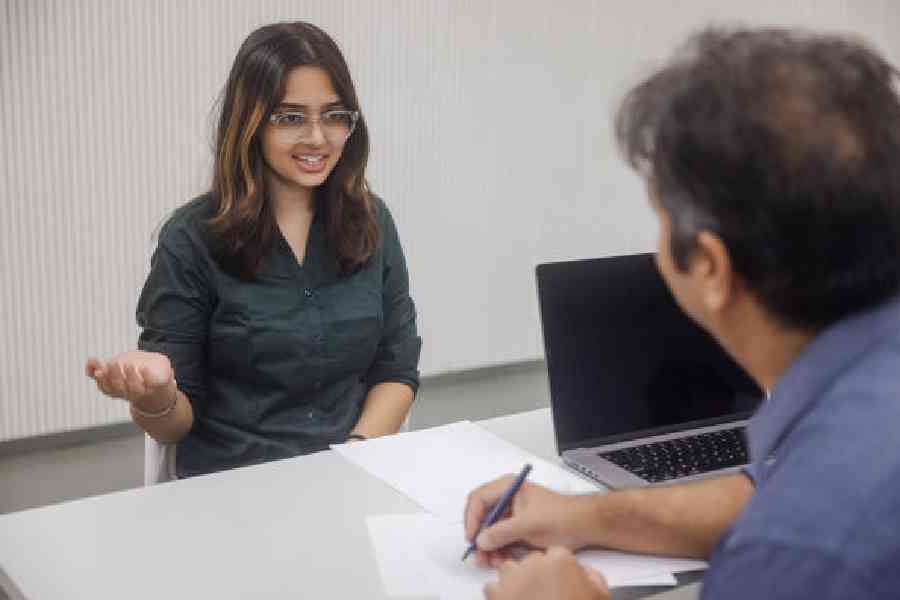College Interviews


By engaging in meaningful conversations, students can highlight their strengths, discuss their aspirations and demonstrate their enthusiasm for the institution,” says Namita Mehta, president of The Red Pen, an education consulting company in Mumbai.
Indeed, college interviews provide an opportunity for applicants to go beyond written applications and connect with the admissions team.
Alina Ramkumar from Chennai was interviewed at the University of Wisconsin Madison in the US, where she applied for an environmental sciences programme. Alina prepared thoroughly for the interview — she read up on the programme, went through the faculty pages, details of research projects and practised answering common interview questions.
During the interview, Alina discussed her volunteer work in conservation and a high school project on renewable energy. “I also told them about a beach cleanup event I had organised and its impact on the community. We talked about my favourite subjects — biology, chemistry and literature as well as the academic challenges I faced along the way and how I overcame them.” Finally, she asked about the college’s research opportunities and sustainability initiatives. When she received an acceptance letter a few weeks later, there was a personal note from one of the interviewers praising her interview performance.
College interviews can also be student-initiated, especially in colleges abroad. This means it is up to the student to opt for an interview and the college will not automatically schedule it. Hamilton University in the US emphasises the importance of opting for interviews on its website. It also mentions that the interview is a free-flowing conversation and not based on scripted questions.
These interviews can happen at any point during the application process. “For some colleges, interviews are not mandatory but are highly recommended,” says Mehta.
In India, interviews generally take place in the final stage. Many of these have shifted online after the pandemic. Institutions such as Ashoka University in Sonepat, PLAKSHA University in Mohali, KREA University in Sri City, Ahmedabad University in Ahmedabad, and FLAME University in Pune, conduct virtual interviews. Other colleges may conduct interviews on or off-campus, wherein admissions representatives travel to local venues.
Urmi Singh, senior director of the career development office at Ashoka University, says, “The conversation is based on the application form and essay submitted. We generally ask open-ended questions to understand personality, projects and extracurricular activities. We are trying to assess curiosity, social bent of mind and, of course, love for learning.”
Leonard Rozario, outreach and admissions manager at Ahmedabad University, said that during interviews they avoid putting pressure on the students. “We want to understand whether they are open to liberal education.”